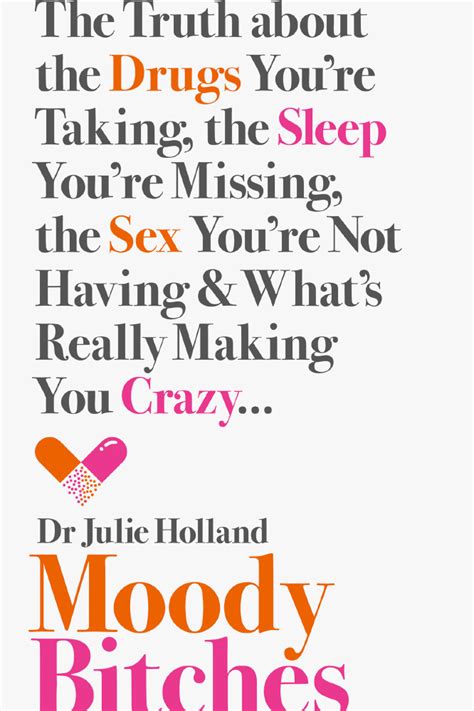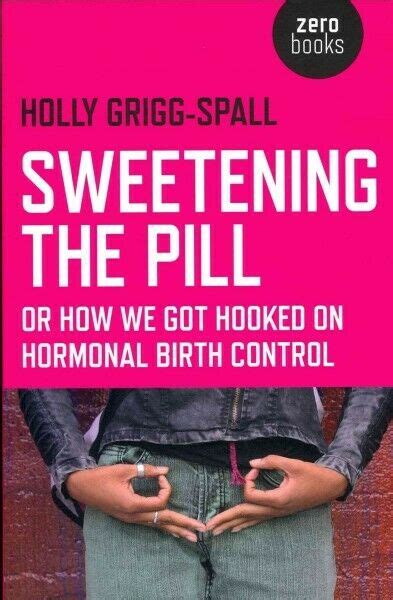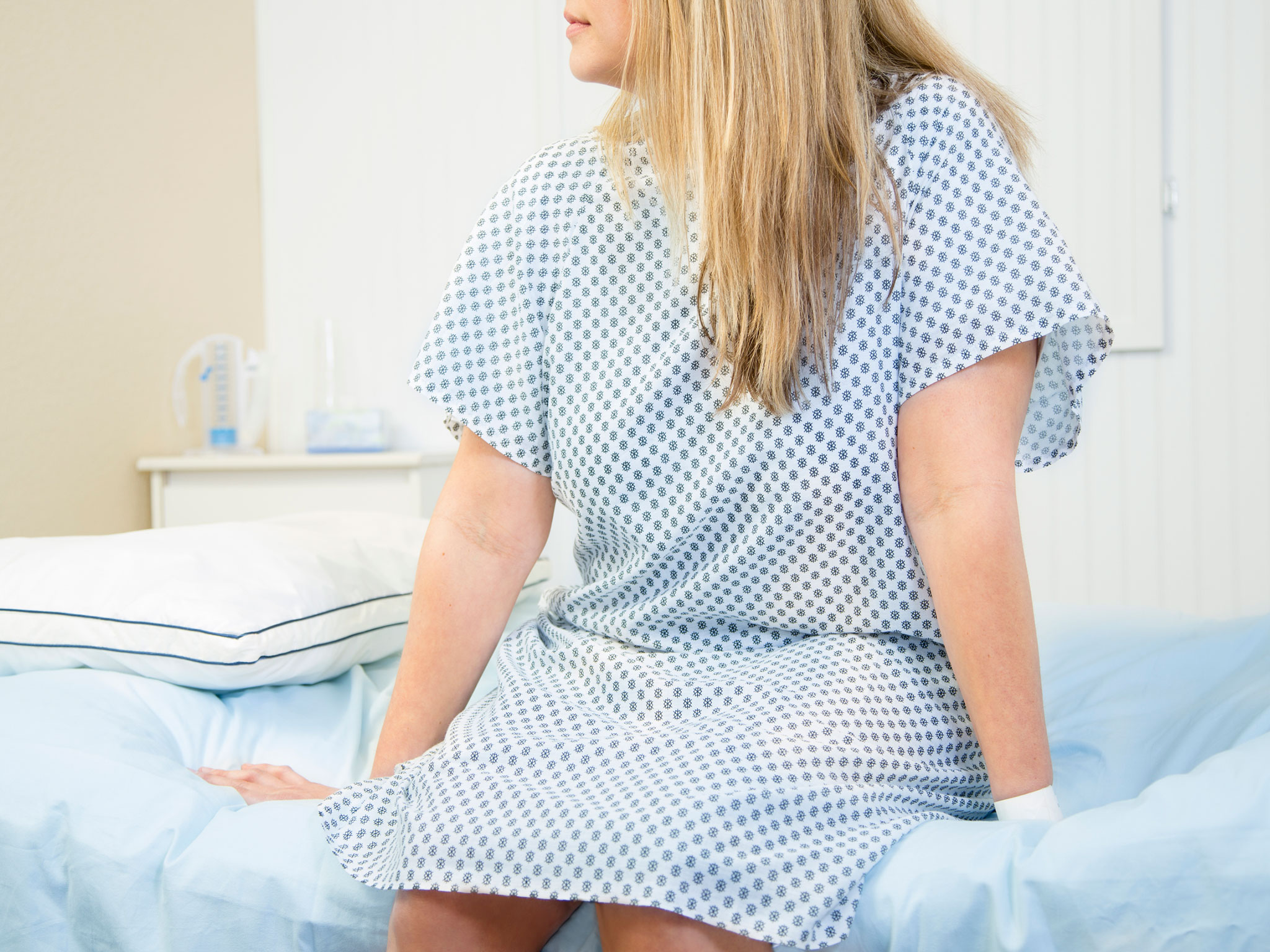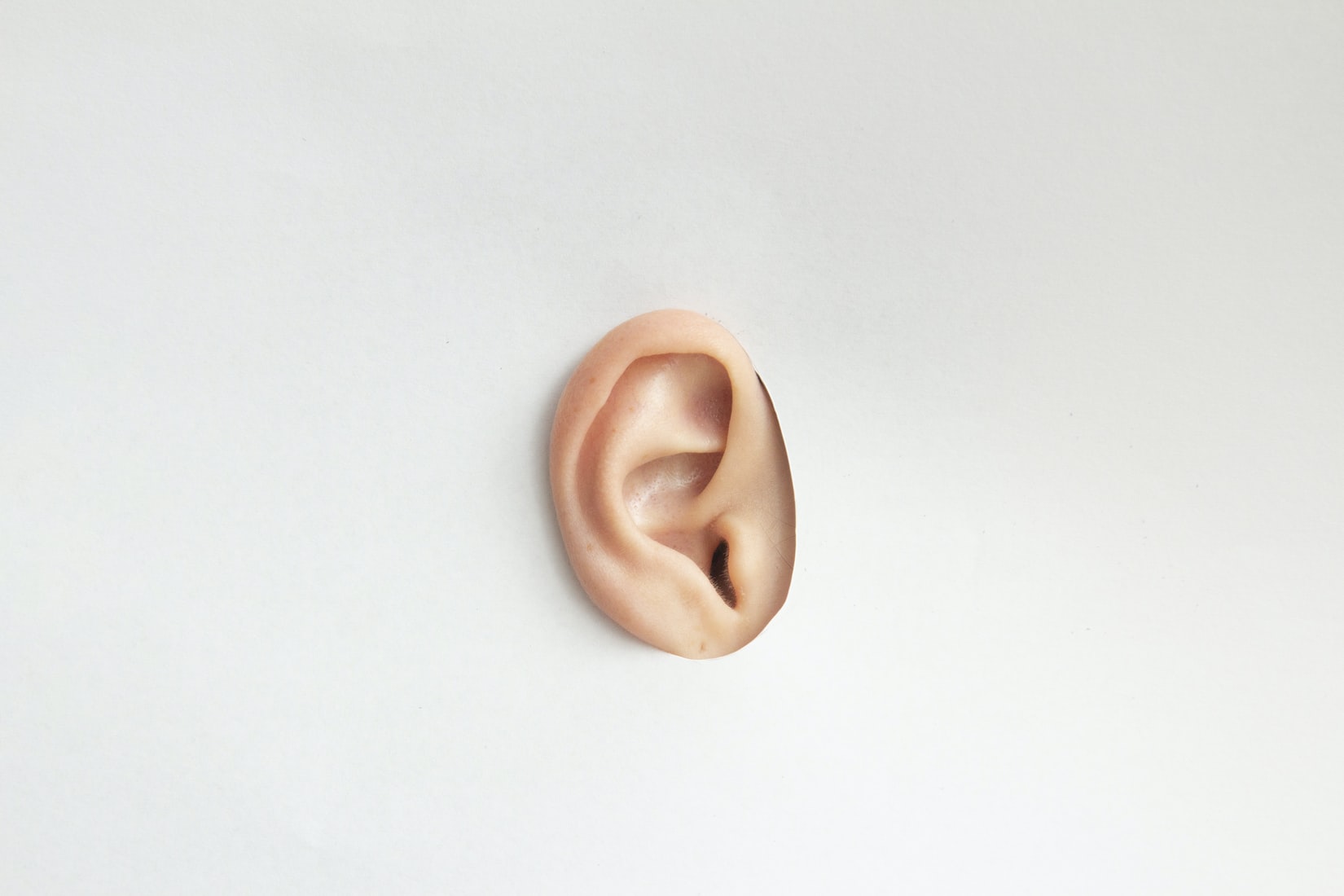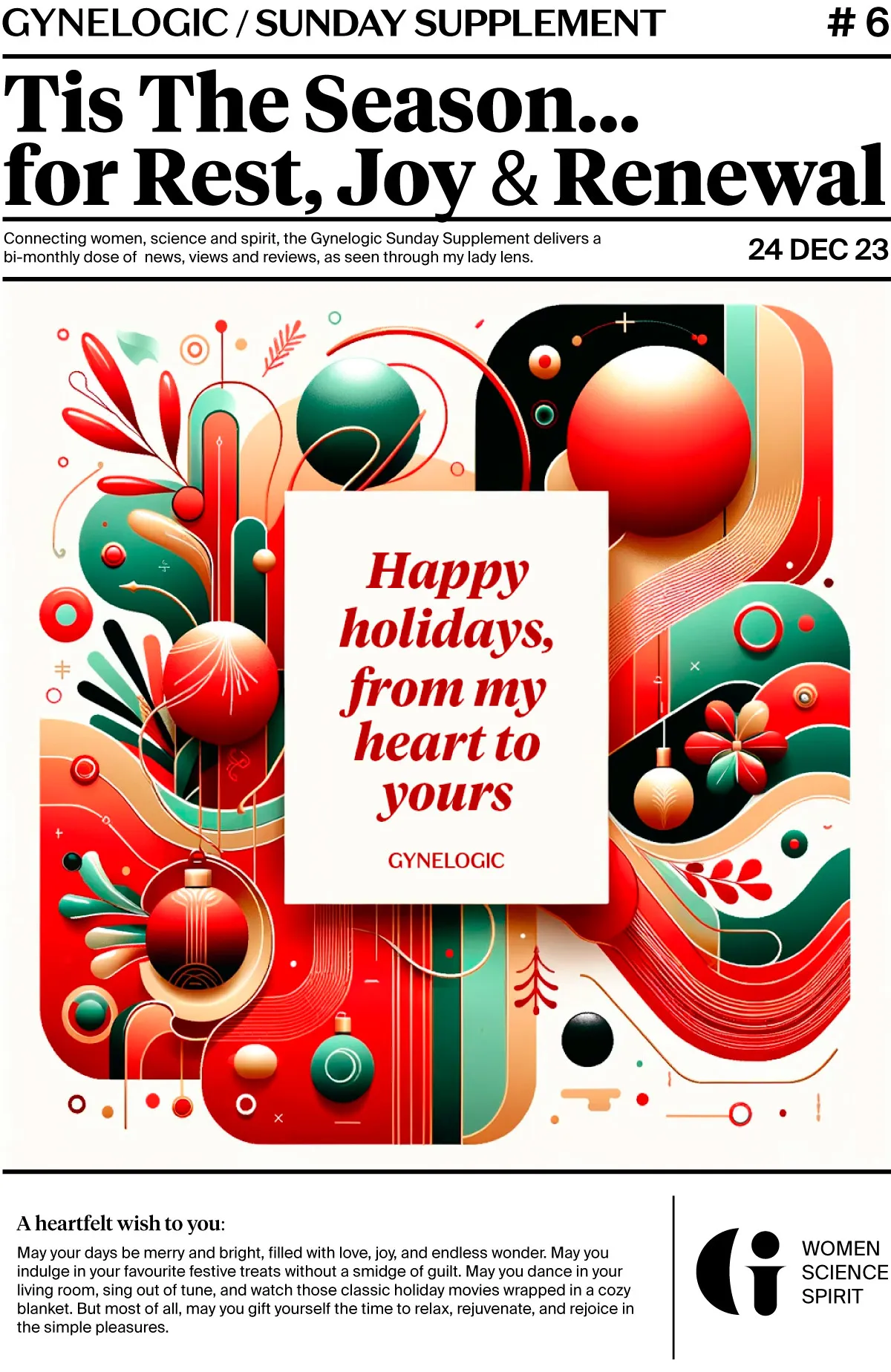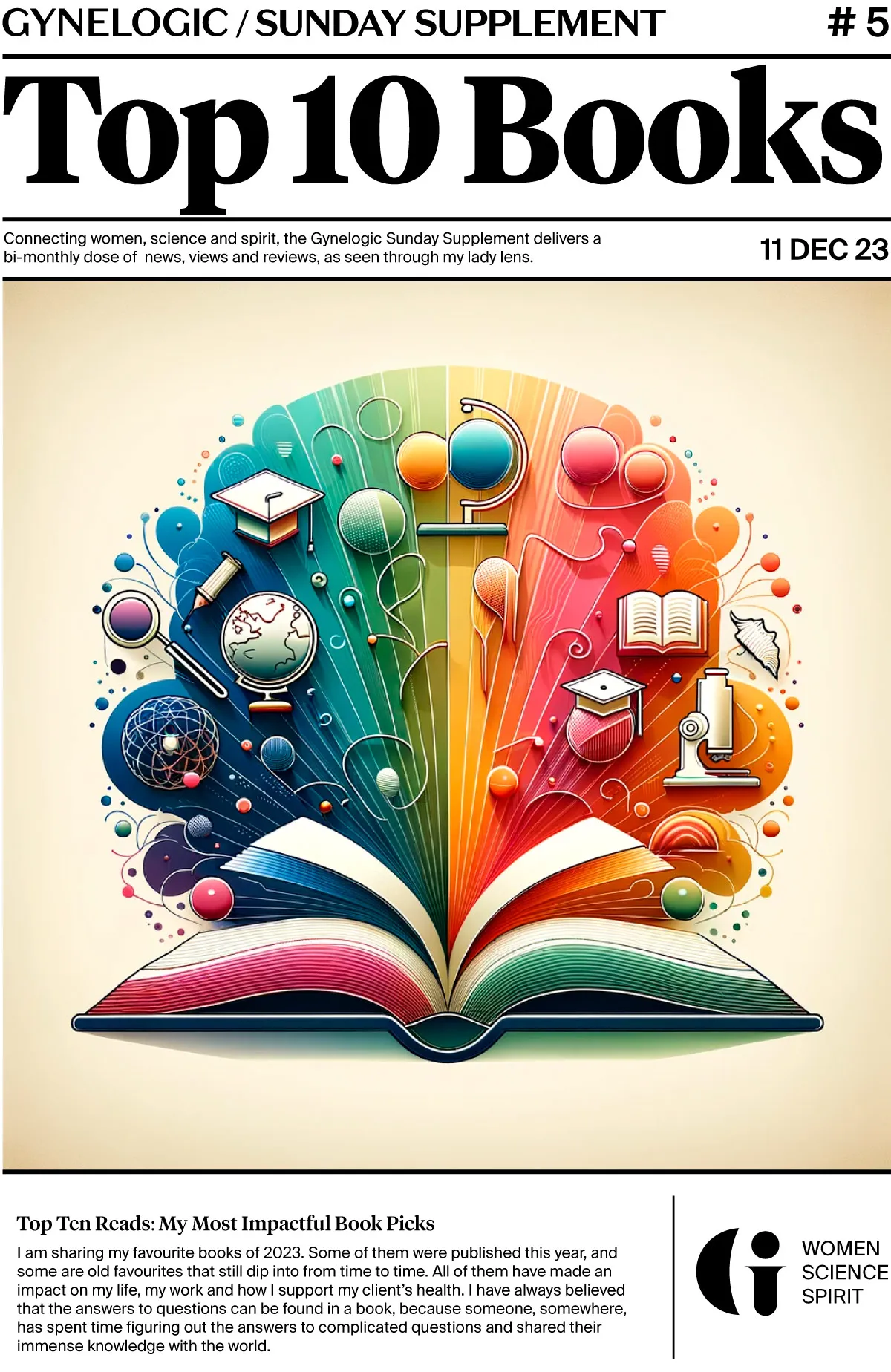Overworked? Exhausted? Powering between career, family and friends and frazzled and libido-less as a result? No wonder you’re moody! But as New York psychiatrist Julie Holland explains in her radical and eye-opening new book, the first step to overcoming the lows is to accept that being testy is in our nature – we were made to be Moody Bitches.
Being a successful modern woman is hard, and for so many of us the constant flux in our hormones and the dip and dives our mood swings take makes it that much harder. For over 17 years, women have visited celebrated psychopharmacologist Dr Julie Holland looking for the miracle cure to eradicate these feelings. Now, in her illuminating and honest Moody Bitches, she details the invaluable advice she shares with her patients, revealing how suppressing our natural emotions is actually damaging. Instead she offers tried and tested alternatives to help keep the moods under control, making exhaustion and low sex-drive a thing of the past.
From the meds you can trust to those you can’t; from the foods you should be eating, the healthy behaviours you should be practising and the herbal remedies that actually work, Dr Julie imparts wisdom from years of not only professional but personal experience too. Simple yet revolutionary, Moody Bitches is the life-changing self-help book for women and those who love them.
